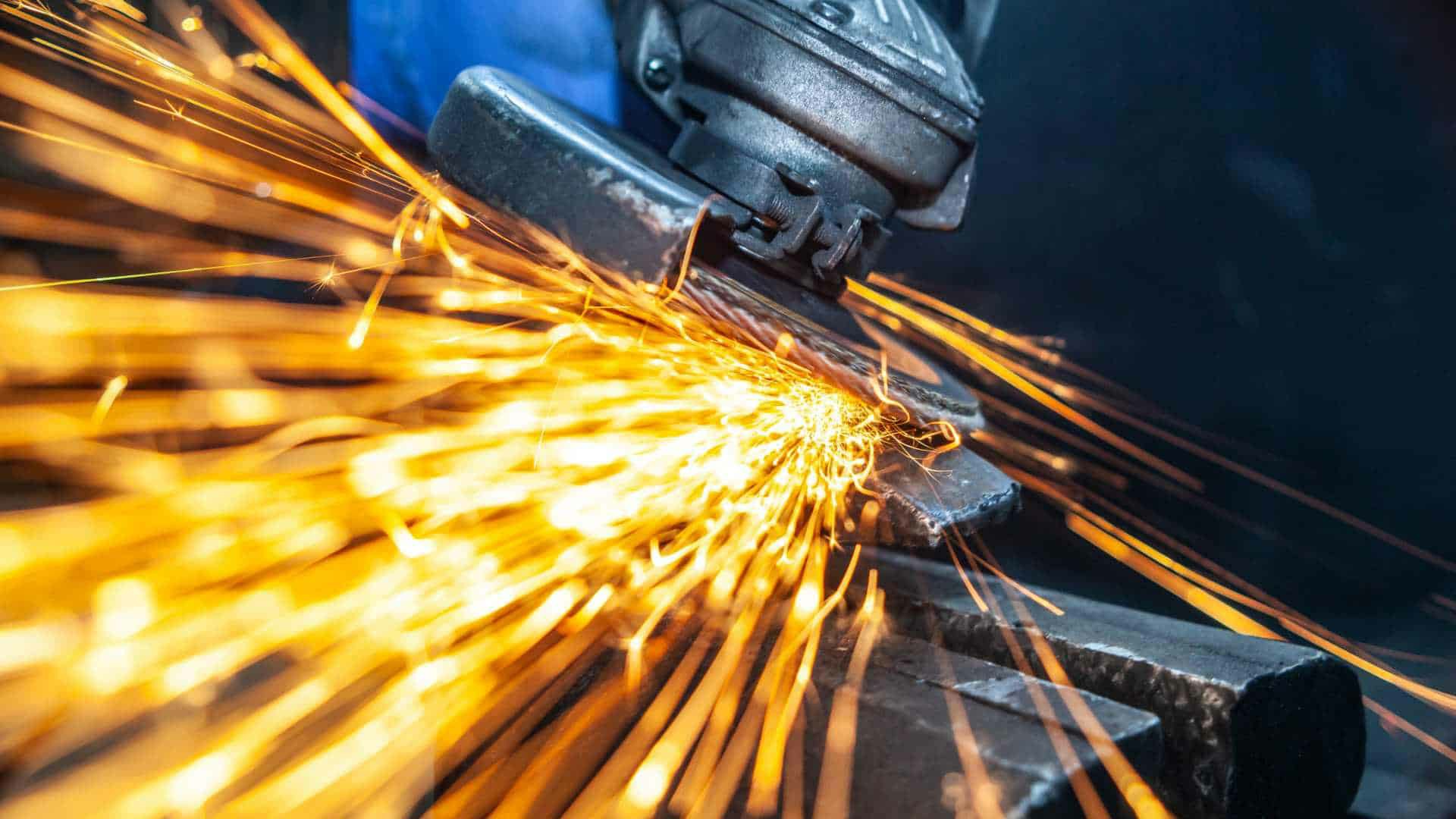


 349,500 Offered Certificates
349,500 Offered Certificates
 24/7 Online Training
24/7 Online Training
 Money Back Guarantee
Money Back Guarantee
 Fully Accredited Courses
Fully Accredited Courses

Created at: 22-02-2025 23:33
Abrasive wheels are essential tools in many industries, from metalworking to construction, yet they pose significant safety risks if not used correctly. The importance of Abrasive Wheels training cannot be overstated, as it plays a crucial role in preventing accidents and ensuring a safe work environment. This blog post delves into the key risks associated with abrasive wheels, the impact of proper training, and best practices for safeguarding workers.
Using abrasive wheels comes with various hazards, primarily attributed to lack of knowledge or improper usage. Some common safety risks include:
Investing in certified Abrasive Wheels training empowers workers to identify risks associated with the tools they use. Proper training encompasses:
Consider these case studies of companies that implemented Abrasive Wheels safety training to prevent accidents:
A Dublin-based manufacturing facility experienced a series of near-misses involving broken wheels. After implementing an Abrasive Wheels course online, all employees completed training that covered installation and maintenance best practices. Subsequently, there were no further incidents reported, highlighting the effectiveness of proper training.
A construction company in Galway faced high rates of injuries due to inadequate safety measures related to abrasive wheels. The organization mandated Abrasive Wheels certification Ireland for its workers. Post-training, the workplace injury rate plummeted, demonstrating the vital role of education in safety protocols.
To enhance safety when using abrasive wheels, organizations should adopt the following best practices:
The dangers associated with abrasive wheels are significant but manageable through effective training and education. Organizations should prioritize Abrasive Wheels courses and encourage certification as part of their commitment to workplace safety. By doing so, they not only protect their employees but also enhance productivity and morale.
To learn more about proper training and certification, contact us at [email protected] or visit our Abrasive Wheels training page.